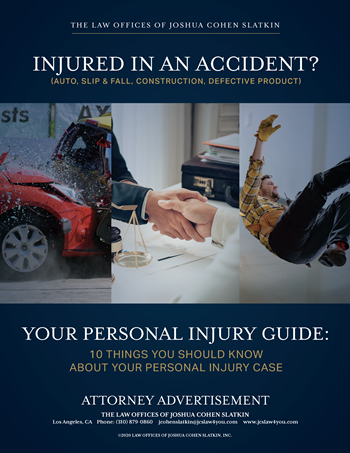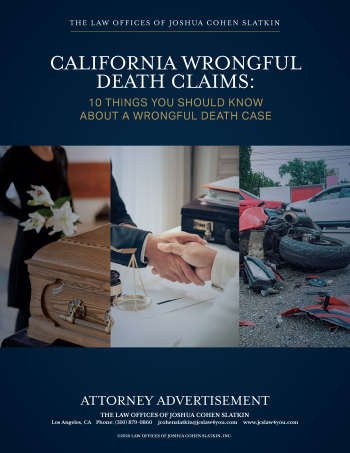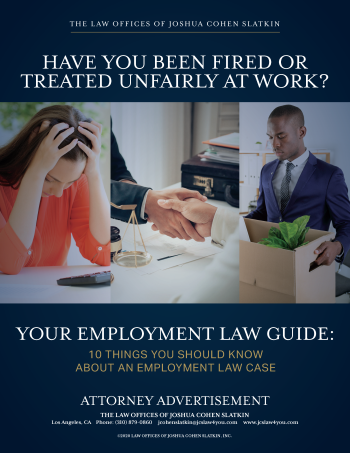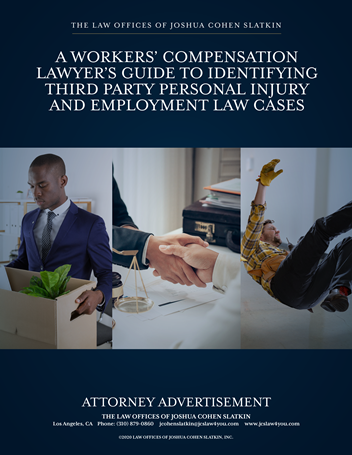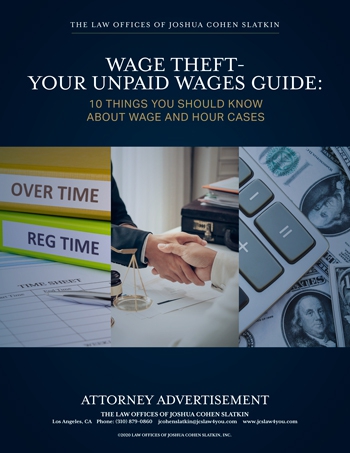If you are injured by someone else’s negligence and have a personal injury claim, you have the option to treat through your health insurance (if you have health insurance) or on a medical lien. If you do not have health insurance, medical lien-based treatment may be your only option.
A lien is when the medical provider (i.e. doctor, physical therapist, chiropractor) gets paid if and when you successfully resolve your case with no out-of-pocket medical expenses to you. The credibility of the medical treatment you receive is essential to maximizing the value of your case to a jury or the insurance company.
I always object and don’t have my clients respond to questions about lawyer referred medical treatment but sometimes whether or not your lawyer referred you to a provider is obvious (such as when you treat outside your insurance) or in some cases, the Court may compel this information. When you are treated on your health insurance, based on your contract with your own health insurance company, you often have to repay the insurance company for medical treatment received (known as subrogation).

Advantages of Lien-Based Medical Treatment
As the court noted in Pebley v. Santa Clara Organics, LLC (2018) 22 Cal. App. 5th 1266, 1277 there are many reasons why an injured plaintiff may elect to treat outside his or her insurance plan. Plaintiffs generally make their health insurance choices before they are injured. These choices may be based on the plaintiff’s willingness to bear the risk posed by a health maintenance organization (HMO) rationing system because the plaintiff is healthy and requires little care.
This decision may appear much different after a serious accident when the plaintiff suddenly needs complex, extensive care that an HMO is not structured to provide. The plaintiff also may wish to choose a physician or surgeon who specializes in treating the specific type of injury involved, but who does not accept the plaintiff’s insurance or any other type of insurance. In addition, health care providers that bill through insurance, rather than on a lien basis, may be less willing to participate in the litigation process. Pebley 22 Cal. App. 5th at 1277.
Lien-based medical providers can bill at the “usual and customary rate” which is almost always higher than negotiated fees paid by health insurance. Often personal injury clients are uninsured or have HMOs or government-subsidized health plans like Medi-Cal or medicare. The reality is that receiving medical treatment through an HMO or public health insurance program can take weeks or months preventing our clients from seeing the necessary specialist or preventing them from receiving the proper physical therapy treatment. Often health insurance companies delay or deny claims for necessary medical treatment to line their own pockets and put profits over the patients’ health. This can aggravate a personal injury client’s injuries, prolong their pain and potentially lower the value of the case by having a delay and gap in medical treatment.
Personal injury victims should have the right to choose their doctor and have the best medical care and you don’t always have that option when treating with one’s health insurance. There are other circumstances where clients treat through their health insurance but when it comes to surgery or more evasive medical treatment recommendations, they may want a second opinion.
There are other distinct litigation advantages of lien-based medical treatment. As lawyers, we want a medical provider who writes a proper medical examination report which might be needed for the doctor to testify at trial and/or deposition.
Lien-based doctors are aware of their obligations to be available for testimony at deposition or trial. Doctors who treat on lien are almost always aware of the impact their medical records, medical reports and bills have on the case as opposed to doctors clients see through their health insurance.
Lien-based medical treatment can ensure that personal injury clients receive the full scope of medical services available through referrals to specialists such as orthopedic doctors, and physical and chiropractic therapy. Some companies provide comprehensive multi-specialty healthcare at a variety of locations ensuring that clients get referred to the right specialists and all injuries are properly documented and treated. These multi-specialty companies can help medically manage the case to maximize the value of personal injury claims.
Treatments through health insurance also have subrogation rights where liens are asserted, requiring patients to pay back medical treatment received when there is a personal injury claim. These subrogation companies have been increasingly difficult to negotiate with as opposed to a private doctor treating on a lien.
Lien-based medical treatment also can be more convenient for clients. There are networks of doctors who treat on a lien which ensure that a medical provider can be located close to where the clients live. The convenience factor ensures that our clients are continuously treated by the proper doctor to avoid delays or gaps in treatment.
Litigation Disadvantages Of Lien-Based Medical Treatment
There are some distinct disadvantages unique to lien-based medical treatment that can complicate the personal injury case in litigation. When you are typically sick or injured and have medical insurance, who do you typically treat with? The primary care doctor you have been going to for the past 10 years or some doctor you never heard of and are seeing for the first time that your lawyer referred you to?
Most people go to their regular primary care doctors and treat on their insurance. You can also see specialists such as orthopedic doctors through your insurance. Some lawyers prefer to use lien-based treatment when their client is uninsured or there is some other type of objective reason, such as a long delay to see a specialist or start physical therapy which is often the case with government or public-sponsored health plans like Medi-Cal or certain HMOs.
Insurance companies and their army of lawyers use lien-based treatment to attack the credibility of doctors in several ways. Insurance defense lawyers argue in litigation that lien-based doctors do not get paid unless there is a settlement or judgment and therefore have a financial interest in the litigation outcome. Defense lawyers argue that these doctors have a financial interest that influences their opinions as to causation and the nature and extent of your injuries. To avoid this issue, lawyers can and sometimes do pay the cost of the medical bills before trial to avoid any appearance of bias and/or financial interest in the litigation from the treating doctors.
Insurance Defense lawyers try to argue or imply that using a lien-based doctor means that the plaintiff was not that injured and tries to give the impression that this personal injury claim is a lawyer-created case with inflated bills and unnecessary medical treatment. Jurors often are skeptical when a lawyer refers clients to a medical lien provider and this is used by defense lawyers against your injury lawyer.
Contact Us for a Free Personal Injury Case Evaluation
JCS Law Firm works with southern California car, truck, bicycle, motorcycle accident, and employment law clients, helping them recover the full amount of compensation they deserve. If you’ve been injured in any type of car, motorcycle, semi-truck, or SUV accident, Contact us today to schedule a free, no-obligation consultation to discuss your case and get started filing your claim. With our client satisfaction guarantee, you have nothing to lose and everything to gain!
For helpful tips on what to do as your case progresses, sign up for our free newsletter.





